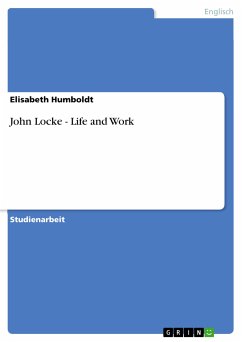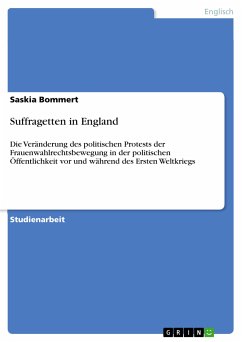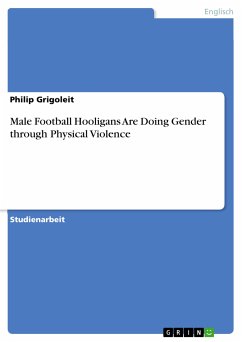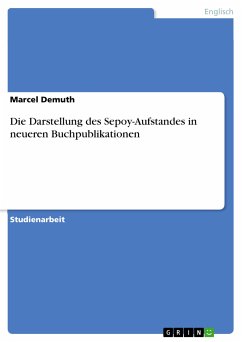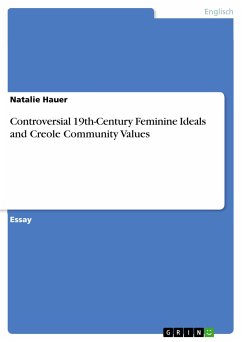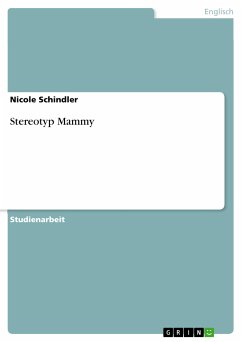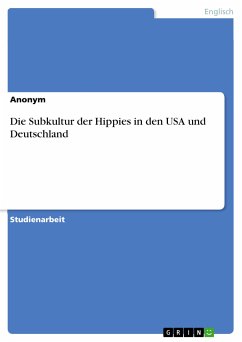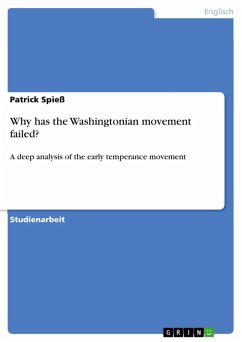Studienarbeit aus dem Jahr 2000 im Fachbereich Anglistik - Kultur und Landeskunde, Note: 1,7, Universität Leipzig (Institut für Anglistik), Veranstaltung: The English Constitution, Sprache: Deutsch, Abstract: When Locke studied in Oxford, he turned from Aristotle and the scholastic philosophy, which was regarded as the basis of the philosophical curriculum of that time, finally to Descartes. In the course of his career, Locke developed his own philosophical and political ideas which were rooted in the tradition of the English Empiricism (and Pragmatism) with the predecessors William of Ockham and Francis Bacon. In applying his philosophy to politics or education, Locke was always guided by practical utility. In his reasoning he was never undermining the logical basis for the conduct of practical life. Locke's political philosphy, especially that which he enfolds in the Second Treatise of Government, highly influenced the formulation of the Declaration of Independence and the Constitution of the USA.

